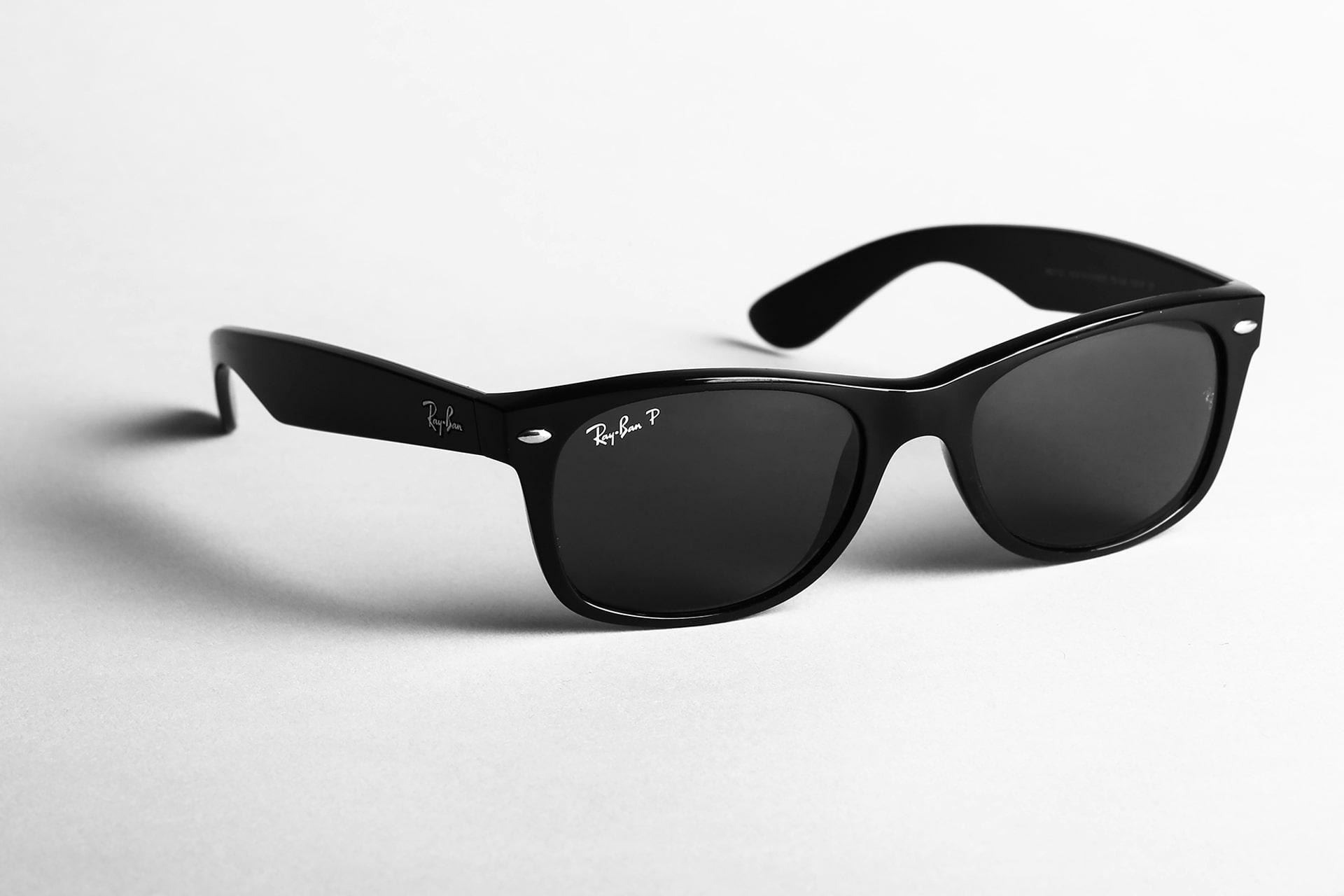Xiaomi to launch new AI glasses after Ray-Ban Meta stirs China demand

After Meta’s success with Ray-Ban, Xiaomi joins Baidu in the race to make AI glasses China’s next tech hit.
Xiaomi is gearing up to introduce a new generation of artificial intelligence-powered glasses in collaboration with GoerTek, according to 36Kr. Expected to debut at Xiaomi’s annual Fan Festival in April 2025, these glasses mark a strategic leap for the company into the competitive wearables market. Founder Lei Jun is reportedly targeting an initial shipment of no less than 300,000 units—a bold move that speaks to Xiaomi’s ambitions to set a foothold in this emerging market.
A source close to the project told 36Kr that Xiaomi’s AI glasses aim to compete directly with Ray-Ban Meta’s smart eyewear. These new glasses will feature advanced AI capabilities, an integrated audio headset, and camera modules, distinguishing them from prior collaborations by carrying Xiaomi’s own brand.
Xiaomi has yet to make an official comment on the product.
With expectations high, 2025 is anticipated to be a pivotal year for AI glasses. Baidu has already stepped forward. On November 12, Xiaodu CEO Li Ying introduced the Xiaodu AI Glasses at the Baidu World conference. Baidu claimed its glasses, powered by the Ernie large language model (LLM) and DuerOS operating system, are the first native AI glasses to harness a Chinese LLM, with a launch scheduled for the first half of 2025.
The AI wearables landscape is becoming increasingly crowded. Reports indicate that Oppo, Vivo, Huawei, Tencent, and ByteDance are also exploring entries into this space, while Apple has reportedly assembled a team dedicated to researching AI glasses.
In the background, many companies have been laying the foundation for robust software ecosystems to support AI glasses. The recent releases suggest that smartphone manufacturers are increasingly adapting their operating systems and voice interfaces to optimize for AI-driven wearables. Operating systems, LLMs, and voice interaction modules are now seen as essential elements for next-generation smart glasses.
An industry source said that, while some AI glasses projects have yet to receive final approval, most players are already working with supply chain partners, aiming for product releases as early as late 2025. Each company faces unique technical challenges. Huawei, for example, is focused on securing viable chip solutions, while ByteDance is reportedly searching for a hardware leader to drive their efforts.
Meanwhile, Meta’s collaboration with Ray-Ban has elevated interest in this category. The Ray-Ban Meta smart glasses, introduced in 2024, have shipped over 1.1 million units worldwide in the first three quarters, with year-end projections of 1.5–2 million units. This partnership exemplifies the synergy between legacy eyewear expertise and emerging AI technology, with Ray-Ban contributing its sales channels and brand credibility.
For Chinese tech companies, Ray-Ban Meta’s success represents an opportunity. “Everyone wants to be China’s answer to Ray-Ban Meta,” an industry expert told 36Kr, noting the unmet demand for high-tech eyewear with AI features in the domestic market.
As 2024 comes to a close, tech giants and startups are adopting divergent strategies in this space. While major players proceed cautiously, startups are accelerating development, racing to introduce products. Partnerships with eyewear brands are quickly forming: Xiaomi ecosystem brand Superhexa has joined forces with Best and Baodao Optical, while Rokid and Xreal are working with Bolon and Gentle Monster. New entrant Sharge has aligned with Loho, a fast-fashion eyewear brand based in Hong Kong.
Meta’s partnership with Ray-Ban serves as a case study for collaborations between tech and traditional eyewear brands, demonstrating how each can leverage its strengths. Meta’s AI capabilities and Ray-Ban’s established reputation in optics and distribution create a compelling product that has resonated with consumers.
According to one source, AI glasses occupy a low-barrier yet high-potential market. While basic audio-enabled glasses can be sourced inexpensively from areas like Huaqiangbei for as little as RMB 20 (USD 2.8), producing “always-on” AI glasses is significantly more complex. Challenges around weight distribution and frame adjustments for comfort underscore the need for expertise in both hardware and software design.
Looking ahead, industry experts suggest that, as major smartphone brands like Xiaomi enter the market, startups may struggle to keep up. With deep pockets and robust resources, these larger players are poised to set the standard, potentially shaping AI glasses into a definitive product category.
Until then, smartphone makers with vast resources are expected to dominate the space.
#AIWearables #SmartGlasses #XiaomiAI #TechInnovation #Ifvex
- Art
- Causes
- Crafts
- Dance
- Drinks
- Film
- Fitness
- Food
- เกมส์
- Gardening
- Health
- หน้าแรก
- Literature
- Music
- Networking
- อื่นๆ
- Party
- Religion
- Shopping
- Sports
- Theater
- Wellness


